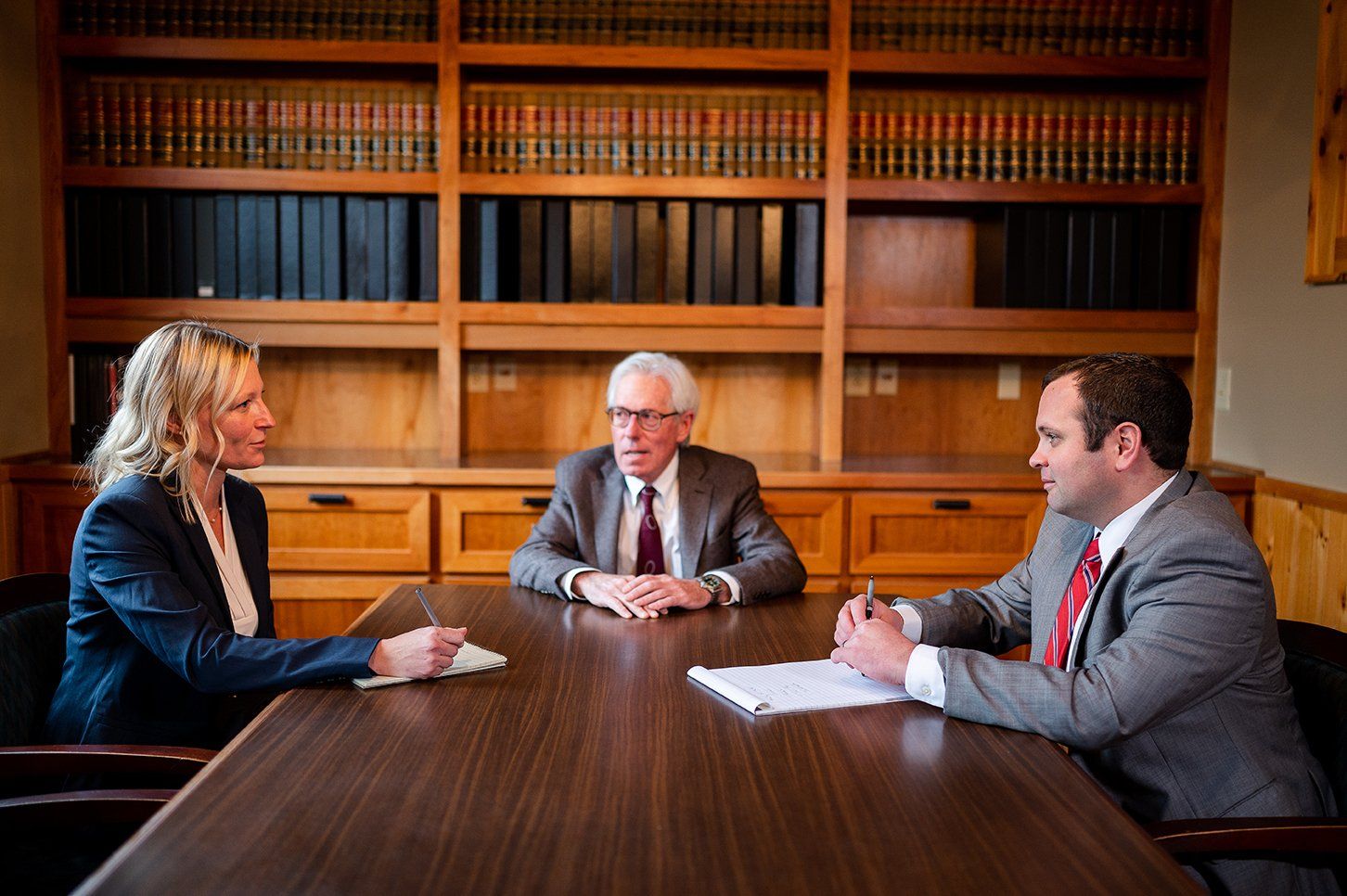Attorneys Flink, Maswick, & Giovacco Receive Super Lawyers Designations
Edward B. Flink and James L. Maswick were both honored in the 2020 Super Lawyers publication for Upstate New York. And Katherine A. Giovacco was honored in the 2020 Super Lawyers publication for the New York Metro Area. The publications conduct a peer review process to determine what attorneys are deserving of this honor.
Edward B. Flink was named a Super Lawyer for the tenth straight year in Upstate New York!
James L. Maswick was named a Rising Star, honoring those lawyers who are under 40 years of age for the fifth straight year!
Katherine A. Giovacco was named a Rising Star as well for the fifth straight year!
Super Lawyers honors those lawyers who have attained a high degree of peer recognition and professional achievement and is computed via independent research, peer nominations and peer evaluations. Only 5% of attorneys are selected to Super Lawyers and only 2.5% of attorneys are selected to Rising Stars. An attorney who is selected as a Rising Star is only eligible if they have been in practice for 10 years or less or 40 years old or younger.










